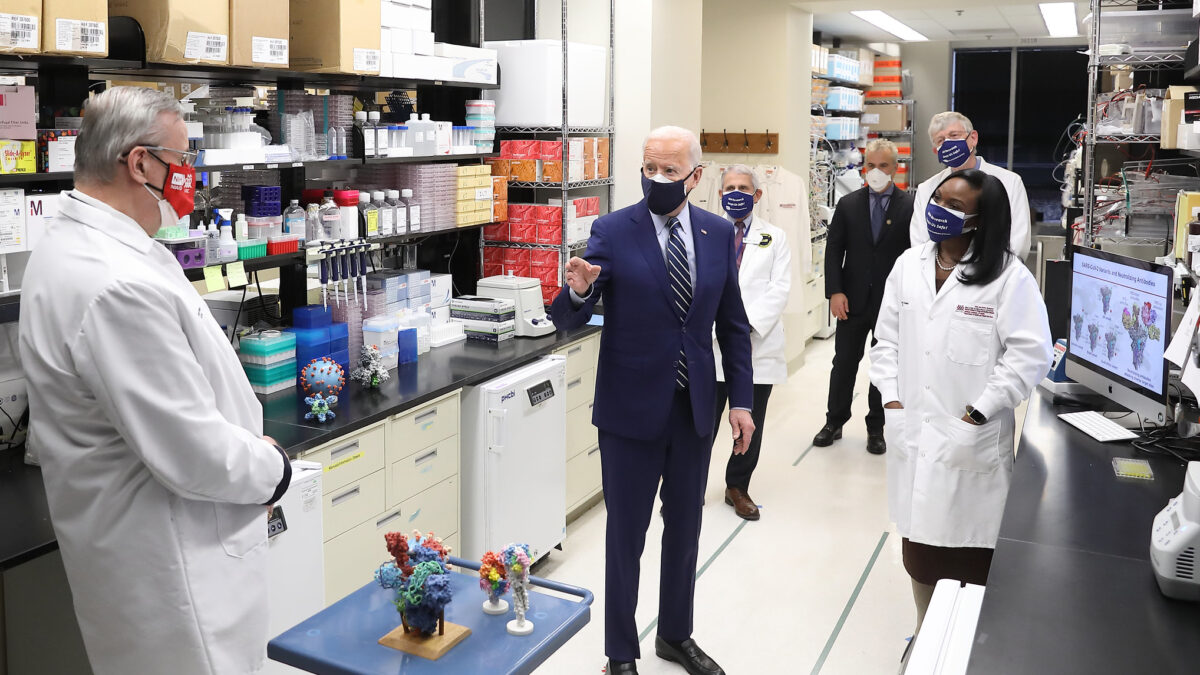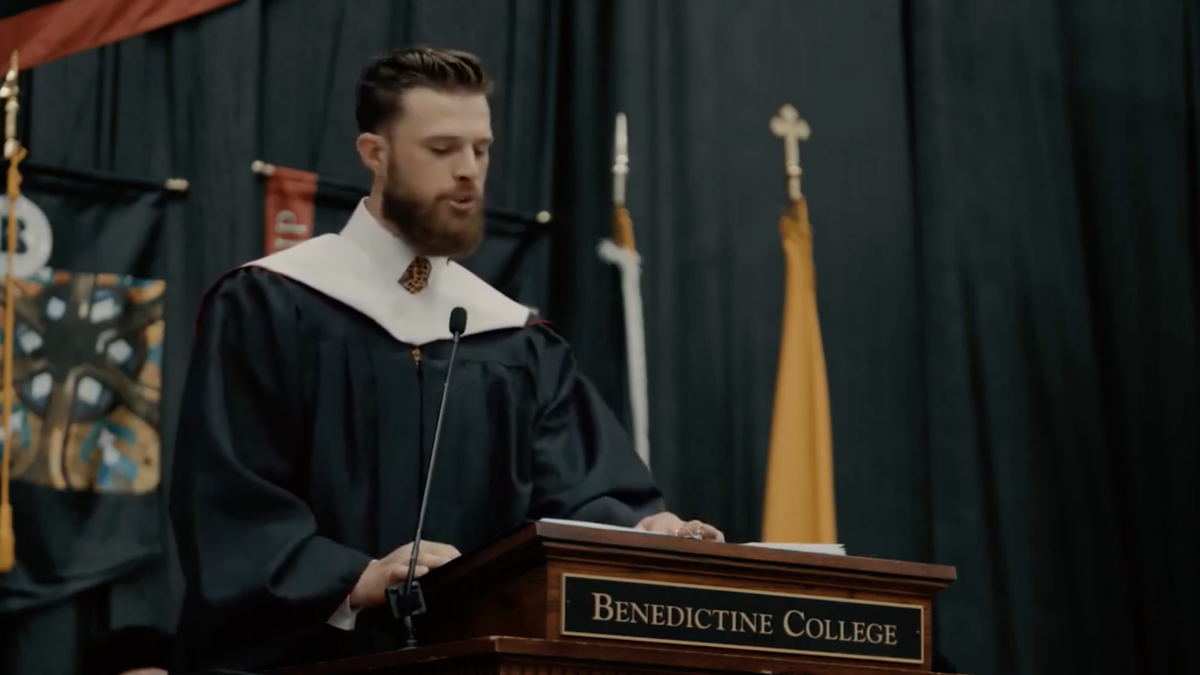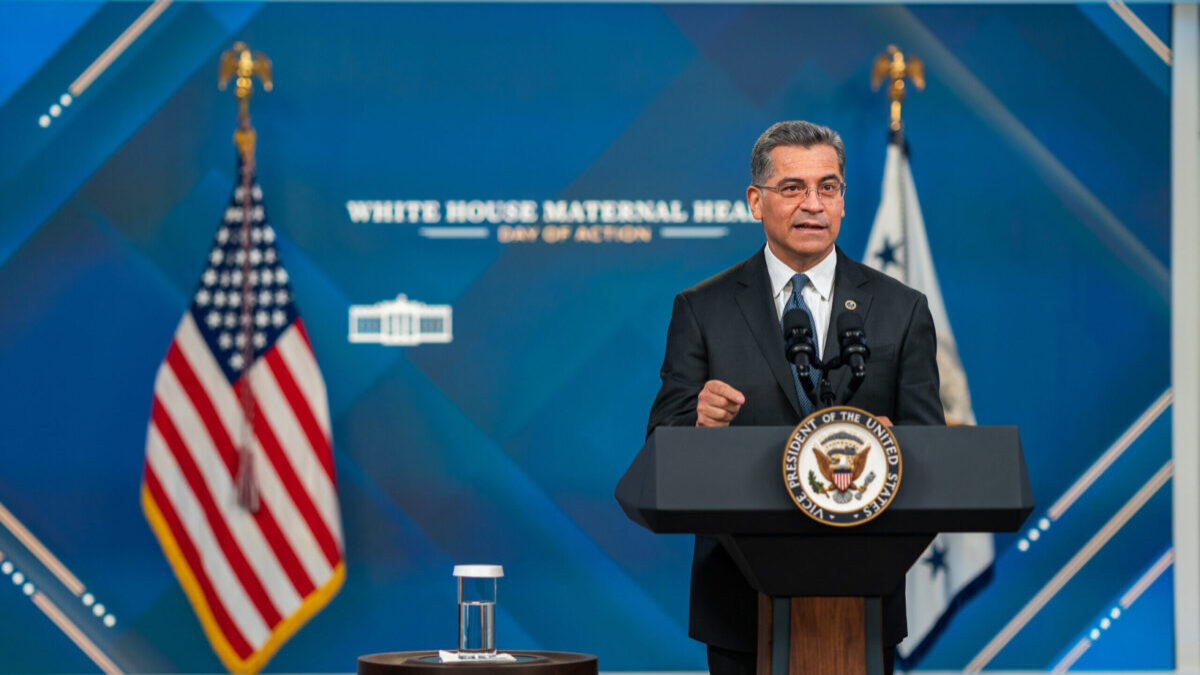To the shock and outrage of Ryan Gosling, the ladies of “The View,” and die-hard “Barbie” movie fans everywhere, Margot Robbie and Greta Gerwig were “snubbed” Tuesday when the Academy of Motion Picture Arts and Sciences announced this year’s Oscar nominees. The consensus is that the “patriarchy” and “sexism” account for Robbie and Gerwig’s exclusion from the best actress and best director categories, respectively.
Supporting “Barbie” stars Ryan Gosling and America Ferrera, who themselves received nominations for their roles in the film, have publicly criticized the Academy’s decision not to include Gerwig and Robbie mostly on account of the political messaging in the film (not necessarily Gerwig and Robbie’s artistic talent).
“They made history, they set a new bar,” Ferrera said. “[T]he impact of what they made is, and will continue to be felt in our culture. I think I join a lot of people in wanting to see them acknowledged for that.” Likewise, Gossling wrote in a statement that Gerwig and Robbie “pushed the culture” and “made history.”
Alyssa Farah Griffin echoed these sentiments on “The View.” Suggesting sexism was behind Gerwig’s exclusion, Griffin said, “It does sorta feel like the message of the film was missed.”
“And the patriarchy rules again,” Bono’s nepo baby daughter, actress Eve Hewson, wrote on Instagram.
The first and most obvious problem with the best actress “sexism” allegations is that the other nominees for the category are all women. It is the best actress category, meaning the award only goes to the best female performers. Perhaps Robbie would have a case to make if the other actresses weren’t actresses but trans-identifying males. Since the other nominees are, in fact, real women, the “patriarchy” cries are absurd.
For Gerwig, the misogyny charges are equally ridiculous. Gerwig was previously nominated in the best director category for her 2017 film “Lady Bird.” This is an impressive feat, given that women are a minority among movie directors in the United States.
Indeed, an annual report on “gender inequality” in the film industry found that women accounted for 14 percent of the top 100 grossing U.S. films in 2023, and In 2022, women accounted for 14.6 percent of all movie directors in the U.S.
Among the 5 nominees for the best director category this year is female director Justine Triet, who received a nomination for her movie “Anatomy of a Fall.” This means that contrary to what “Barbie” fans are contending, women are overrepresented in the best director category relative to the number of female directors that exist.
The other implication from Gerwig’s supporters is that one of the filmmakers nominated doesn’t deserve to be recognized. “Greta Gerwig’s omission is crazily wrong,” wrote author and journalist Kurt Andersen. “Could’ve easily been in place of Scorsese, nominated for a film that isn’t even one of his own ten best.”
Really? “Barbie” is better than Martin Scorsese’s “Killers of the Flower Moon,” a gripping and beautiful cinematic masterpiece that sheds light on a dramatic and horrifying piece of little-known American history? I don’t think so.
“Barbie” certainly wasn’t better than director Christopher Nolan’s “Oppenheimer,” either, which, as Aaron Gleason writes, “manages to turn all our myths about the atomic bomb into a coherent narrative around the life of one man,” orienting “the camera inward, on the human soul.”
By contrast, “Barbie” is a children’s movie that starts out as a blast and ends with a long lecture. The film’s set design, wardrobe, and choreography are sincerely imaginative and gorgeous, but the second half of the film falls flat as Gerwig attempts to chaotically cram in as much woke gobbledygook as possible before the credits roll. As Kyle Smith said in The Wall Street Journal, “As bubbly as the film appears, its script is like a grumpier-than-average women’s studies seminar.”
“Barbie” is not artful, nor does it offer any thoughtful cultural commentary as its proponents claim. It’s hard to say what message Gerwig was trying to convey in “Barbie” other than the tired “men are bad” and “women are oppressed” lines.
There’s a reason the arguments “Barbie” fans are making in defense of Gerwig and Robbie rarely center around the craft of directing or acting. In Communist countries like China and Cuba, people are frequently promoted and awarded for their politics, not their merits. Outcry over Gerwig and Robbie’s “snubbing” is simply another sign of America’s descent into cultural Marxism.
“Barbie” wasn’t an incredible piece of art; it was eye candy propaganda. It “pushed the culture” and “made history,” Gossling said. In translation: It furthered the leftist ideology, automatically making it masterful and “groundbreaking,” irrespective of whether it really was.
In the same vein, the “Barbie” Academy outrage highlights the entitlement and double standards created by identity politics. The reason everyone is up in arms over the Academy’s decision to snub Robbie and Gerwig is the same reason people claim Claudine Gay was fired from Harvard due to racism and Fani Willis is under scrutiny because she’s an “African American” woman.
In truth, Greta Gerwig’s status as an Oscar-level director is questionable, Claudine Gay is a serial plagiarist, and Fani Willis paid her unqualified likely lover hundreds of thousands of taxpayer dollars as they conspired to disenfranchise Georgian voters. None of these things have anything to do with sex or race, but in a culture that perpetually victimizes and elevates people based on their immutable qualities, it’s all that matters.
Honest brokers know Margot Robbie’s “snubbing” has nothing to do with sexism, given that all the other nominees in the best actress category are women. They also know Greta Gerwig isn’t a genius director, nor was she discriminated against because women are already disproportionately represented in the best director category.
The only people under the illusion that “Barbie’s” director and lead actress are entitled to an Oscar are little girls between the ages of 5 and 12 and leftist zealots who measure art based on its politics.








